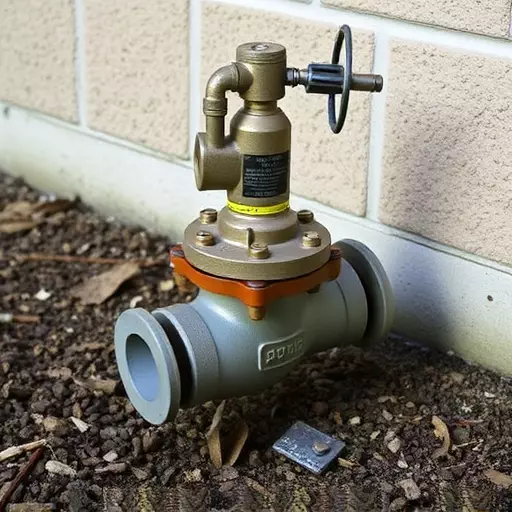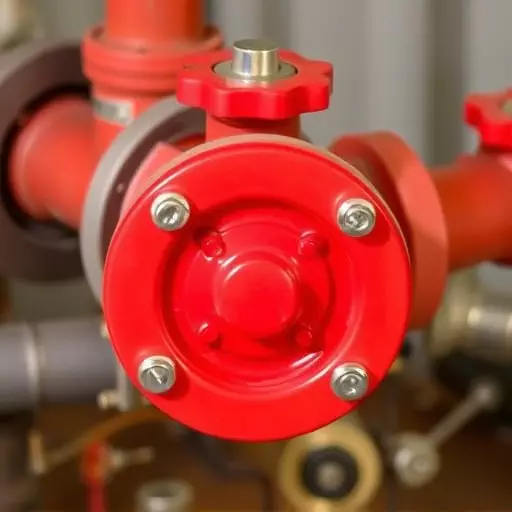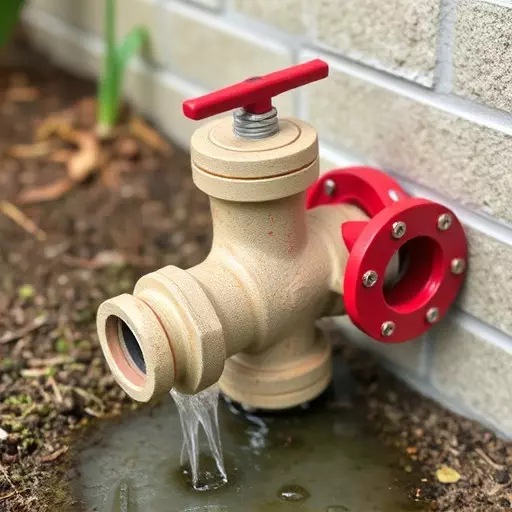Backflow preventers are critical in Jacksonville for maintaining water supply integrity, preventing health hazards and water quality issues. Regular maintenance, including timely repair based on signs like unusual noises, low pressure, or discolored water, is crucial to protect your plumbing system and community's water source. Identifying common malfunction indicators promptly contacts professional backflow preventer repair services, with costs varying by damage extent and specific models.
In Jacksonville, understanding the critical role of backflow preventers in maintaining safe water supply is essential. These devices safeguard your plumbing system from contaminated water flowing back into the main supply. This article guides you through the intricacies of backflow preventer repair services in Jacksonville, highlighting common malfunction signs, the repair process, and exploring cost factors to help you recognize when professional intervention, such as backflow preventer repair, is necessary.
- Understanding Backflow Preventers and Their Importance in Jacksonville
- Identifying Common Signs of Backflow Preventer Malfunction
- The Process of Backflow Preventer Repair and Maintenance
- Exploring Cost Factors for Backflow Preventer Repair Services in Jacksonville
Understanding Backflow Preventers and Their Importance in Jacksonville
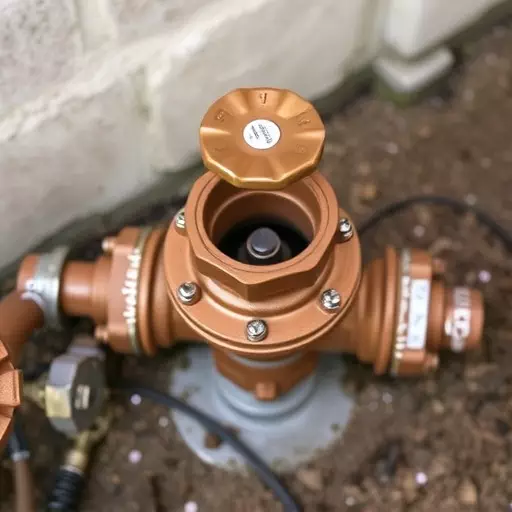
In Jacksonville, understanding backflow preventers and their importance is paramount for any homeowner or business owner. Backflow preventer repair services are crucial to ensuring the safety of your water supply by stopping contaminated water from flowing back into the main water supply. These devices are particularly vital in preventing potential health hazards and water quality issues that can arise from backflow. By detecting and mitigating these issues, backflow preventers play a significant role in maintaining the integrity of Jacksonville’s water system.
Regular maintenance, including backflow preventer repair when needed, is essential to keep these safety mechanisms functioning optimally. Signs you need backflow preventer repair include unusual noise, reduced water pressure, or changes in water quality. Promptly addressing any issues not only ensures the continued protection of your water supply but also helps prevent costly repairs and potential health risks associated with contaminated water. Understanding when to seek backflow preventer repair services in Jacksonville is a proactive step towards safeguarding your property and community’s water source.
Identifying Common Signs of Backflow Preventer Malfunction
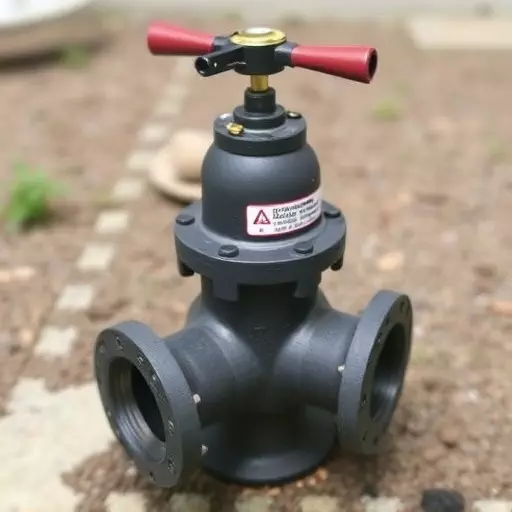
If you’re in Jacksonville and dealing with potential plumbing issues, identifying common signs of backflow preventer malfunction is crucial. A backflow preventer is a vital component in your plumbing system designed to stop contaminated water from flowing back into the main supply. When it fails, it can lead to serious health hazards. Keep an eye out for unusual noises coming from your pipes, such as banging or rushing sounds, which could indicate a pressure surge caused by a faulty backflow preventer. Additionally, check for frequent tripping of circuit breakers or activation of GFCI outlets, as these are protective mechanisms that may be triggered when the backflow preventer is not functioning correctly.
Other signs include low water pressure in your home or specific fixtures, and discolored or odorous water. If you notice any of these issues, it’s essential to contact professional backflow preventer repair services in Jacksonville as soon as possible. Understanding these signs can help ensure timely maintenance, preventing potential crises and saving you money on costly repairs in the long run. Keep in mind that regular inspections by a qualified plumber can also identify issues early, making repairs more manageable and less expensive.
The Process of Backflow Preventer Repair and Maintenance
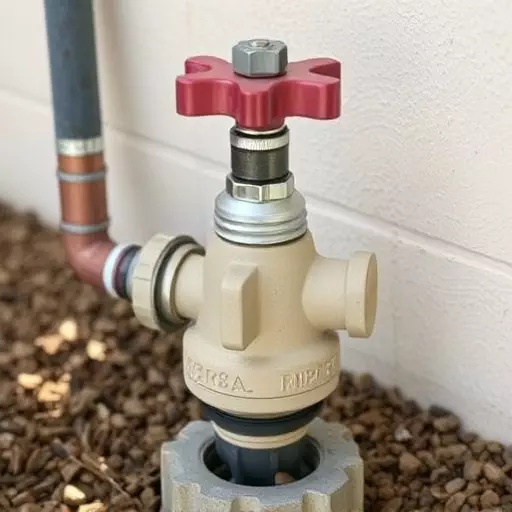
When it comes to ensuring the safety and integrity of your plumbing system, regular backflow preventer maintenance is paramount. A backflow preventer acts as a crucial valve, stopping contaminated water from flowing back into your main water supply. Over time, these devices can wear out or become damaged, leading to potential health hazards. Backflow preventer repair services in Jacksonville are designed to address these issues promptly and effectively.
The process typically involves several steps: inspection to identify any defects or signs of damage, disassembly of the backflow preventer for thorough cleaning and testing, replacement of worn-out components if necessary, and finally, reinstallation with enhanced protection against future wear and tear. Understanding the signs that indicate the need for repair—such as unusual pressure changes, leaks, or corrosion—can help homeowners and business owners in Jacksonville stay ahead of potential problems. Knowing the backflow preventer repair cost beforehand is also beneficial, as it can vary based on the extent of damage and specific model requirements.
Exploring Cost Factors for Backflow Preventer Repair Services in Jacksonville

When considering backflow preventer repair services in Jacksonville, understanding the cost factors is crucial for any homeowner or business owner. The price of repair can vary significantly based on several key elements. One major factor is the extent of the damage; a minor issue with a backflow device may only require simple adjustments and thus be less expensive, while more severe problems could necessitate complete replacement, driving up costs.
Additionally, the type of backflow preventer in need of repair plays a role. Different models and makes have varying levels of complexity in their repair processes. Older systems might be more challenging and costly to fix due to availability of parts and specialized labor. Moreover, emergency repairs typically come with an additional surcharge compared to scheduled maintenance or routine check-ups, as they demand immediate attention. Recognizing the signs you need backflow preventer repair, such as unusual noises, water pressure issues, or visible damage, can help in preparing for potential cost implications.
